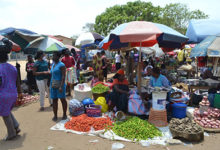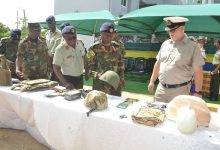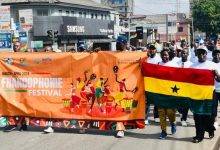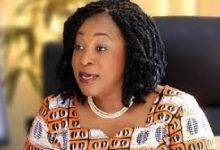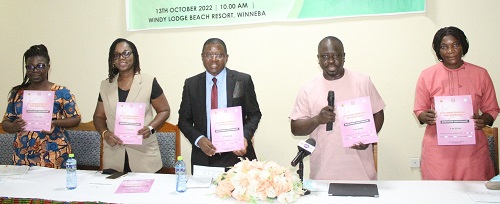
The Ghana Statistical Service (GSS) yesterday launched the 7th round of the Ghana Demographic and Health Survey (GDHS) at Winneba.
The launch paves way for field officers to begin data collection for the 2022 GDHS, (7th round) estimated to cost $4.2 million.
This followed five weeks (32 days) of training for about 220 field officers recruited for the exercise.
Data collection for the field exercise would begin on October 17, 2022 and end on January 20, 2023.
The GDHS which is a population-based survey to collect demographic, health and socio-economic data for planning and monitoring of policies, started in 1988.
The exercise is done at least every five years and the last one was done in 2014.
Speaking at the launch here, the Government Statistician, Professor Samuel K. Annim, said the GDHS is an international exercise, which Ghana uses to collect demographic, socio-economic and health data for national planning.
He said the survey, which would take 90 days to complete would collect data on issues including fertility rate, contraceptive use, child and maternal mortality, nutritional status of women and children, child marriage, toilet facilities, water and breastfeeding.
“The survey exercise will also create awareness on HIV/AIDS, malaria and incidence of malaria in the country,” Prof. Annim, stated.
He said the survey would cover 18,540 households across the country and about 23,577 women between the ages of 15 and 49; and 5,812 men between 15 and 59 would be interviewed.
He said the data collected would be analysed in comparison with the data on the Population and Housing Census and the Annual Household Income and Expenditure Survey.
The government statistician said the data collected would help the Ministry of Health and the Ghana Health Service in their policy planning, formulation and monitoring.
Prof. Annim said the objective of the exercise was to update the data of the previous GDHS.
He said for the first time GSS did district analysis of the data to help provide interventions for the local people “to leave no one behind.”
Prof. Annim said the analysis and dissemination of the GDHS would be done in real time as GSS had deployed electronic data collection tools for that.
He commended the government, its donors and development partners for sponsoring the programme.
The Director of Family Health Division of the Ghana Health Service, Dr Kofi Issah, who chaired the programme, said the exercise was an important one.
He said the data that would be collected would help in policy planning and monitoring.
Dr Issah commended the GSS for its continuous development of the GDHS.
The Programme Director, Dr Kerzia Malm, for her part, said she was excited malaria was one of the component of the 2022 GDHS.
Dr Peter Takyi Peprah, the Project Coordinator the 2022 GDHS, said the survey would help to collate up-to-date data on health and socio-economic data, stressing GDHS was a powerful tool to measure so many health indicators.
FROM KINGSLEY ASARE, WINNEBA

